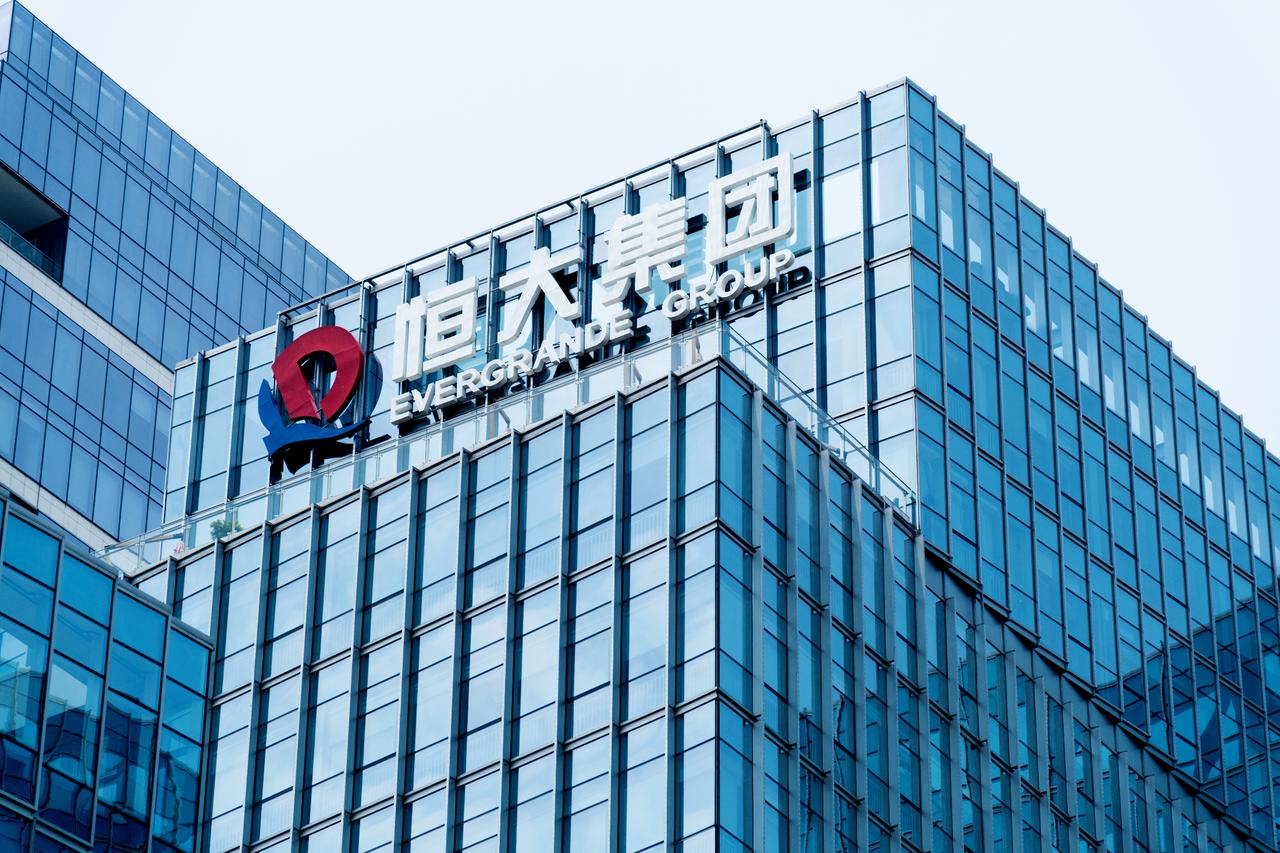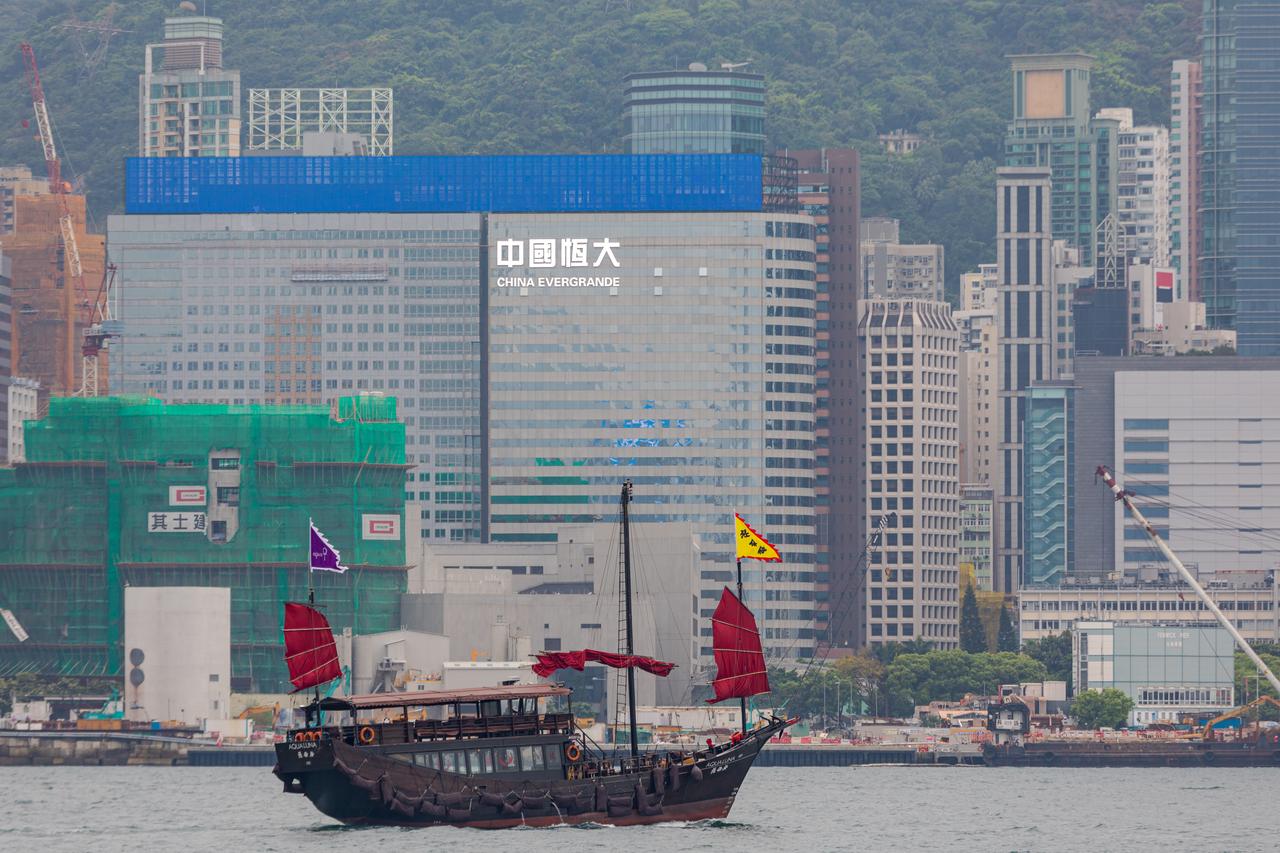
Once the world’s largest property developer, China’s Evergrande Group, was delisted from the Hong Kong Stock Exchange on Monday as the company failed to meet a deadline to resume trading after more than a year of suspension.
The delisting closed a chapter for a company that had come to symbolize both the boom and the bust of China’s real estate-driven economic growth.
Founded in 1996, Evergrande grew into China’s largest property developer, specializing mainly in large-scale residential housing projects. At its height, the company was valued at more than $50 billion and controlled land reserves of nearly 46 million square meters (495 million square feet) across China. Its business model was based on aggressive borrowing to finance rapid expansion, helping fuel decades of urban development across the country.
The company also diversified into related sectors, including property management, construction, and even non-core ventures such as electric vehicles and football clubs, although real estate remained its core business. Evergrande’s expansion helped transform its founder, Hui Ka Yan, into one of Asia’s richest individuals.
The company’s initial public offering in 2009 had marked a milestone in China’s urban development boom, while its peak market capitalization of nearly 400 billion Hong Kong dollars ($51 billion) in 2017 made it one of the most valuable companies in Asia.

However, the company’s heavy reliance on debt to fuel rapid growth left it highly exposed when Beijing imposed tighter borrowing limits in 2020. In 2021, Evergrande defaulted on offshore debt, setting off one of the largest real estate crises in China’s history, which shook global markets and ultimately resulted in a court-ordered liquidation in Hong Kong in 2024.
Evergrande’s total liabilities exceed $300 billion, making it the world’s most indebted property developer. According to liquidators Alvarez & Marsal, only $255 million in assets have been recovered over the past 18 months, including a Claude Monet painting. The liquidators warned that uncertainty surrounding the company’s vast mainland assets—worth about 1.8 trillion yuan ($250 billion) in 2022—made it impossible to estimate potential payouts to creditors.
Legal proceedings have also extended to the firm’s auditors, with PricewaterhouseCoopers (PwC) China being fined 441 million yuan ($60.5 million) and banned from operations for six months in 2023, after regulators concluded that the company approved inflated revenue reports totaling $80 billion in 2019 and 2020. Liquidators have filed lawsuits against PwC as part of efforts to recover creditor funds.
By the time trading was last suspended in January 2024, its market capitalization had collapsed to 2.15 billion Hong Kong dollars ($275 million).
Founder Hui Ka Yan, who was detained by Chinese authorities in 2023 amid investigations into financial misconduct, remained the company’s largest shareholder with almost 60% of its outstanding shares. Hui’s fortune eroded alongside Evergrande’s downfall, and his control of the company became largely symbolic as liquidators assumed responsibility for more than 100 subsidiaries within the group.